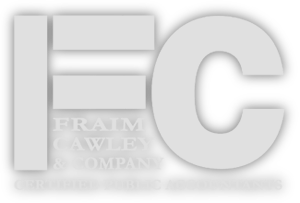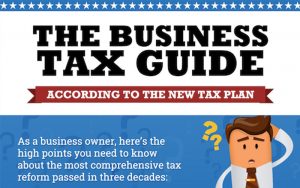“Your pain is the breaking of the shell that encloses your understanding.
[…]
Much of your pain is self-chosen.
It is the bitter potion by which the physician within you heals your sick self.
Therefore trust the physician, and drink his remedy in silence and tranquility”
– On Pain by Kahlil Gibran
This past year, a number of people close to me (or close to those close to me) experienced some pretty tremendous difficulties. In some instances, “life happened” and there was nothing the person could do to avoid it. In other cases, the situations were entirely of their own making. Several were a combination of the two.
This is going to be a bit of a long intro but stay with me.
I won’t get into the details of each particular situation. This is both for the privacy of those involved (even trying to obscure the details, it would be apparent who was being discussed for those who know me) and also because they’re of no interest to you reading this. But a number of the situations, although otherwise completely disparate, had one frustrating commonality:
The person(s) at fault could not, or more frequently simply would not recognize they were in the wrong. The situations themselves ranged from simply frustrating to absolutely devastating. But discussions with the at-fault parties either went nowhere or were not even attempted because the outcome was all but known.
They would not listen. There was no chance they did [whatever wrong or foolish or hurtful thing]. Or if it was acknowledged, there was a “reason” for it. It felt straight from The Narcissist’s Prayer:
“That didn’t happen.
And if it did, it wasn’t that bad.
And if it was, that’s not a big deal.
And if it is, that’s not my fault.
And if it was, I didn’t mean it.
And if I did, you deserved it.”
What was interesting is that this was the case in the severe examples and the minor ones. And some of the minor ones were minor. In one relatively insignificant instance, the person could have saved themselves some money if they had acted with a little better judgment.
But for some reason they could not admit that they had done anything wrong. There was no chance they made a mistake. For whatever reason, they had to be right. And in other cases – truly serious matters wherein people hurt others (and ultimately themselves as a result of damaged relationships) these individuals were just as self-assured in denying that anything was their fault.
And with that, I was reminded of those two lines from Gibran’s poem:
“Your pain is the breaking of the shell that encloses your understanding.
Much of your pain is self-chosen.”
So: If we can choose our pain…and pain is what encloses our understanding…
…then if we choose to reject the pain, we’re choosing to reject that understanding. We are refusing to embrace the wisdom that can come from those life experiences. We’re not acknowledging the things that caused that pain to begin with. We’re not drinking that “bitter potion by which the physician within [us] heals [our] sick self.”
And with that, we will never grow or progress.
As is the case with so many brilliant pieces of writing (Gibran, not me), it’s simply stated but quite profound at the same time. Each and every one of us will experience pain. There’s no getting around it. But how we deal with that pain that will determine our future.
And that principle holds just as true when it comes to our businesses as well.
As entrepreneurs, we wear far too many hats and have to accomplish too many things to avoid making mistakes. We’re simultaneously trying to be marketers, operations managers, and technicians of our particular trade. We deal with businesses growth and contraction, employee turnover, changes in our market and customer demands, and a whole slew of other things.
There are simply too many decisions being made to not make some mistakes.
That’s fine. That’s part of the process. But it’s what we do next that will determine our success or failure. We can put our heads in the sand, say we’re great, and argue that we’ve never made an error in judgment. We can act as though every decision we make is the right one. And if we do all of this enough, we might be able to delude ourselves and believe it. In spite of the foolishness of carrying this on, we might still – in spite of ourselves – be able to survive in business, or even do relatively well at times. But we will never be as good as we could be.
Because by doing that, we are actively rejecting new information. We are closing ourselves off from datapoints, perspectives, and ways of thinking that could very well change the way we approach matters and decisions in the future – if we accept them. Life experiences mean very little if we’re actively avoiding learning from them.
This principle is rather simple. But the execution can be difficult. Because truly embracing that mindset will require us to check our egos. To stop being “right” all of the time. Will we be able to do that?
A lot of people are not able to take that mature step. So they, and their businesses, stay the same year after year. But the ones who are the most successful are always taking in new datapoints, even the ones that make them look bad. And with that they adapt, grow, and find even greater success.
That is a mindset every single one of us should try to emulate. It might just require we eat some humble pie along the way.

Any accounting, business, or tax advice contained in this communication, including attachments and enclosures, is not intended as a thorough, in-depth analysis of specific issues, nor a substitute for a formal opinion, nor is it sufficient to avoid tax-related penalties.




